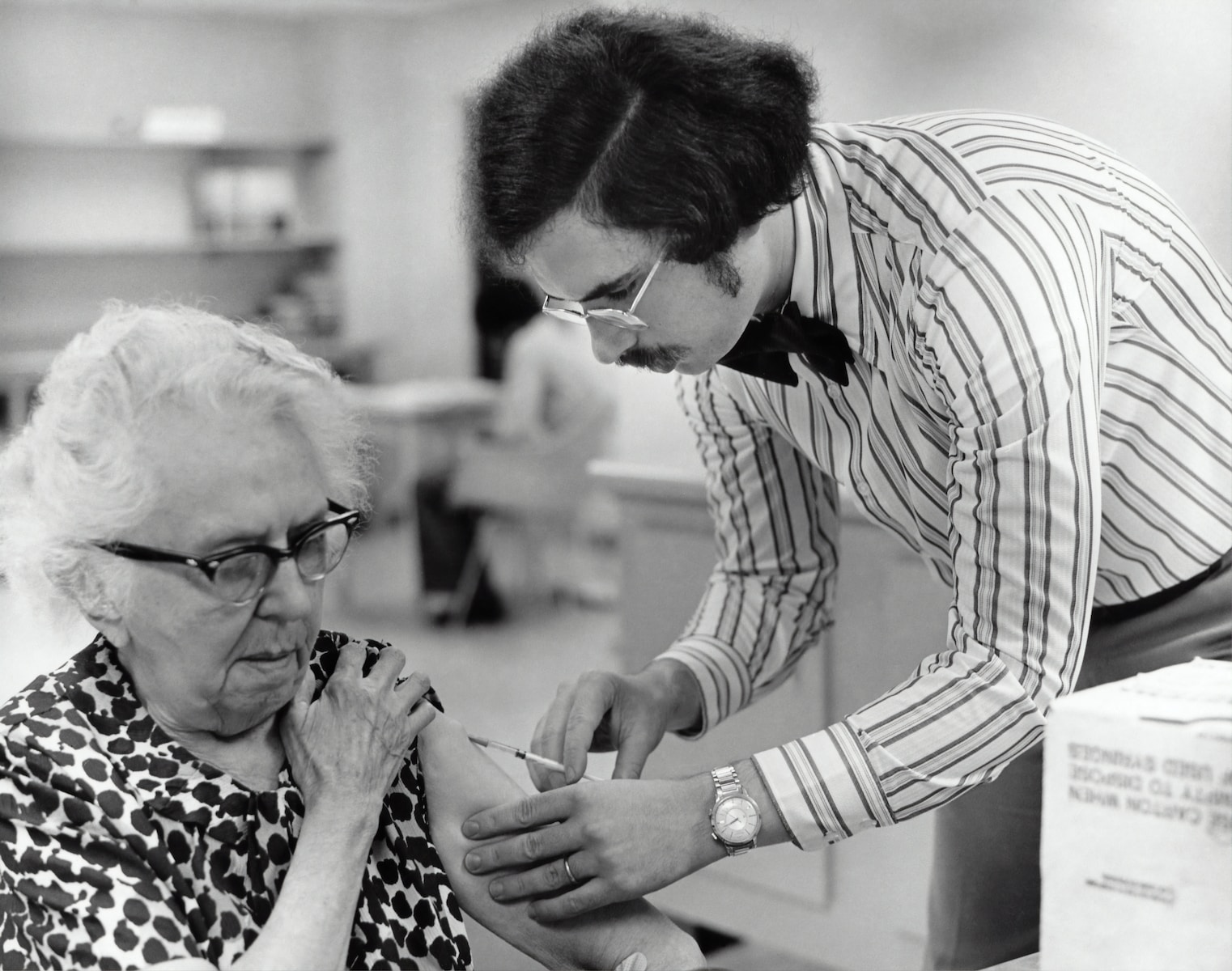
Image Source: Unsplash
## Introduction
In a groundbreaking recognition of their years of scientific partnership and contributions to vaccine development, Katalin Karikó and Drew Weissman, two researchers from the University of Pennsylvania, have been awarded the 2023 Nobel Prize in Physiology or Medicine. Their pioneering work on modifying messenger RNA (mRNA) has paved the way for the development of mRNA-based vaccines, including the highly effective COVID-19 vaccines. This prestigious accolade highlights the profound impact of their research and its potential to revolutionize healthcare.
A Chance Meeting and a Game-Changing Discovery
Karikó and Weissman’s journey began with a serendipitous encounter in the late 1990s when they crossed paths while photocopying research papers. This chance meeting led them to embark on a joint investigation into the potential of mRNA as a therapeutic tool. In 2005, they published a groundbreaking discovery: mRNA could be manipulated and effectively delivered into the body to activate the immune system’s protective response.
Unleashing the Power of mRNA Vaccines
The true value of Karikó and Weissman’s research became evident during the global COVID-19 pandemic. As companies raced against time to develop vaccines, the mRNA technology developed by these researchers provided a vital breakthrough. Both Pfizer/BioNTech and Moderna utilized their mRNA-based platform to create highly effective vaccines that protect against severe illness and death from the virus.
Unlike traditional vaccines, which often require the injection of live or attenuated viruses, mRNA vaccines work by introducing a small piece of genetic material that instructs cells to produce a harmless protein similar to a viral protein. This protein triggers an immune response, priming the body to recognize and combat the actual virus if encountered in the future.
The mRNA-based COVID-19 vaccines have proven to be a game-changer, with more than 655 million doses administered in the United States alone since their rollout in December 2020. The mRNA approach not only offers the potential for rapid vaccine development but also holds promise for addressing other diseases and conditions.
Impact on Public Health and Beyond
The significance of Karikó and Weissman’s work extends far beyond the realm of COVID-19. The mRNA technology they developed has the potential to revolutionize vaccine development for a wide range of infectious diseases. By leveraging the power of mRNA, scientists can rapidly design and produce vaccines tailored to specific pathogens, offering a more targeted and efficient approach to combating infectious diseases.
Moreover, the mRNA platform holds promise for other therapeutic applications beyond vaccines. Researchers are exploring its potential in treating various diseases, including cancer, genetic disorders, and autoimmune conditions. The ability to deliver customized mRNA sequences opens up new possibilities for precision medicine, where treatments can be tailored to an individual’s unique genetic makeup.
Recognition and Future Endeavors
The Nobel Prize awarded to Karikó and Weissman is a testament to their brilliance, dedication, and contribution to scientific progress. Their work has garnered numerous accolades, including the Lasker-DeBakey Clinical Medical Research Award, the Breakthrough Prize, and the Princess of Asturias Award.
Despite this prestigious recognition, Karikó and Weissman remain committed to pushing the boundaries of mRNA technology. They have expressed their determination to continue their research and explore further applications of mRNA in medicine. Their unwavering dedication serves as an inspiration to the scientific community and reinforces the importance of continued investment in cutting-edge research.



